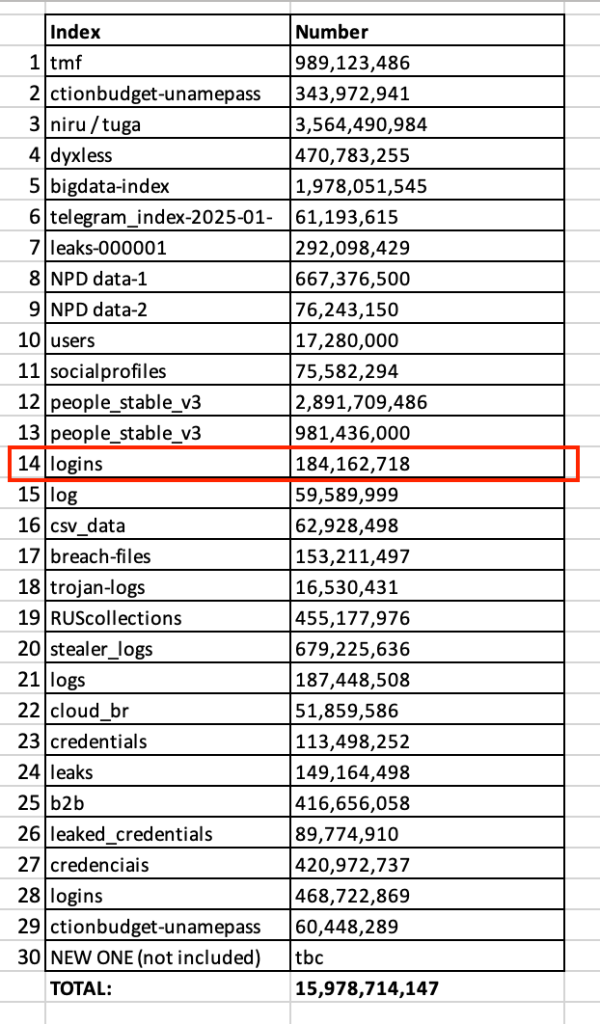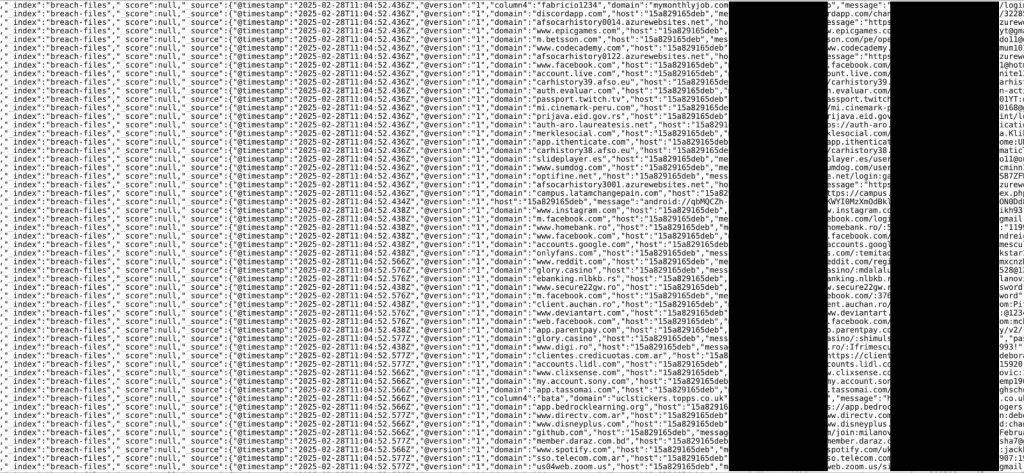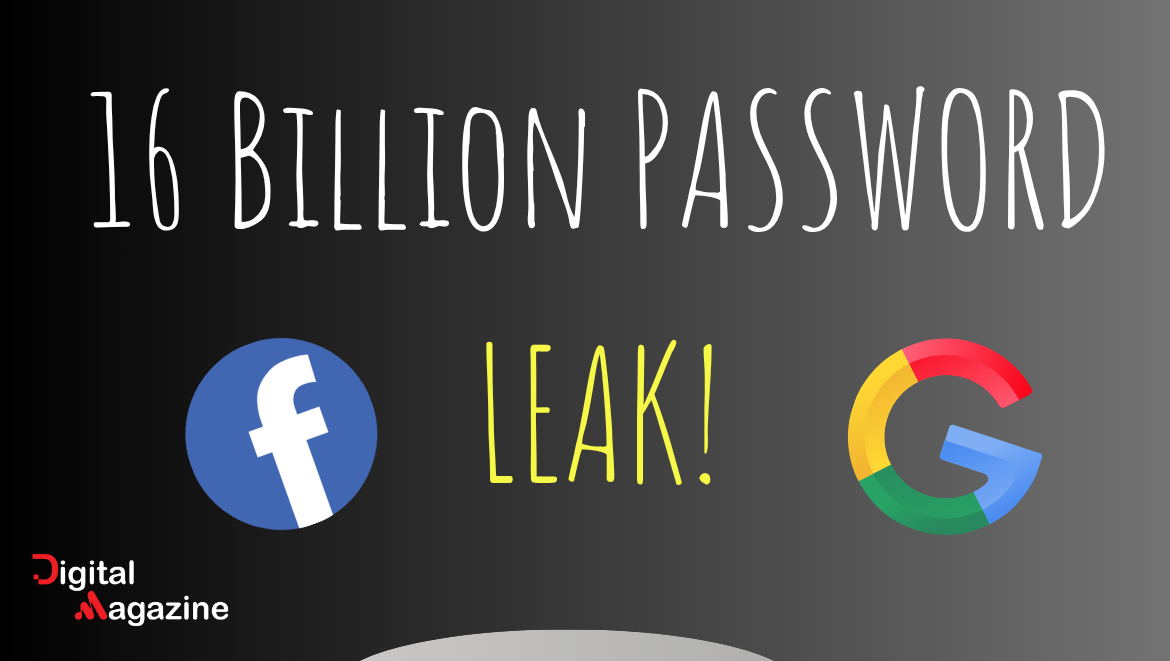A data breach referred to as the 16 billion passwords leak has been confirmed by researchers at Cybernews, with detailed reporting from Forbes. It’s now officially the largest password breach ever recorded.
These aren’t just old, recycled leaks. Most of this data is new, collected by malware known as infostealers, which quietly steal credentials from infected devices.
No, Apple, Google, and Facebook weren’t directly hacked.
Yes, login credentials used on those platforms are included in the leak.
What Was Exposed?
Researchers found over 30 massive datasets, some containing more than 3.5 billion records each. These contain:
- Email addresses
- Passwords
- Login URLs (Google, Facebook, Apple, etc.)
- Session cookies
- Tokens
- Metadata (device info, timestamps, etc.)
That means even accounts with 2FA enabled could still be vulnerable, especially if cookies were stolen alongside passwords.
Platforms Affected (Indirectly)
Not officially breached, but credentials linked to login activity on:
- Google (Gmail, YouTube)
- Apple (Apple ID)
- Facebook / Meta
- GitHub, Telegram, Zoom
- VPN services, government portals, developer tools
These 16 billion passwords were likely stolen through infostealers while users were logged in or entering login information.
Where Did the Data Come From?
This wasn’t a single massive hack — it’s a compilation of infostealer logs gathered over time. Malware like RedLine, Raccoon, and Vidar silently ran in the background on infected devices, stealing login details as users:
- Signed into websites
- Used autofill for passwords
- Relied on browser-saved credentials
These programs operate without detection, making them especially dangerous. Over months, they scraped passwords and sensitive data, which were later compiled into massive breach files.
Bob Diachenko, a well-known cybersecurity researcher, confirmed the leak with screenshots showing unauthorized access to login pages across multiple major platforms.



How to Protect Yourself After the Data Breach
To protect yourself after the 16 billion passwords leak, start by running your email through HaveIBeenPwned.com. If your email gets flagged, it means your credentials were part of a known breach, so don’t wait. Change the passwords on all your key accounts, especially if you’ve reused the same one elsewhere. Then, enable two-factor authentication (2FA) — but skip SMS codes. Go with apps like Google Authenticator or Authy for stronger, more reliable protection. And if your platform supports it, make the switch to passkeys — they’re safer, simpler, and built to stop phishing in its tracks.
Google, Apple, and Meta all offer this feature now, and it’s far more secure than traditional passwords. Finally, ditch the sticky notes and browser-saved logins — get a reliable password manager like Bitwarden, 1Password, or Dashlane. It’s a small step that adds a massive layer of defense. This isn’t just about big tech platforms. It’s about how fragile login security has become, especially with malware stealing info silently from users.
Why the 16 Billion Passwords Leak Is a Serious Security Risk
This leak isn’t just about Google or Apple. It’s a wake-up call about how vulnerable login systems have become. Infostealer malware doesn’t need to hack your favorite platform — it just needs to compromise your device.
According to Cybernews:
“This is not just a leak. It’s a roadmap for cybercriminals to run phishing, identity theft, and account takeover campaigns at scale.”
The data breach doesn’t mean you’ve been hacked. But it does mean your login credentials could already be in the wrong hands. Now’s the time to act — change your passwords, turn on two-factor authentication, and wherever possible, switch to passkeys for stronger, phishing-proof security.
Visit: Digital Magazine

